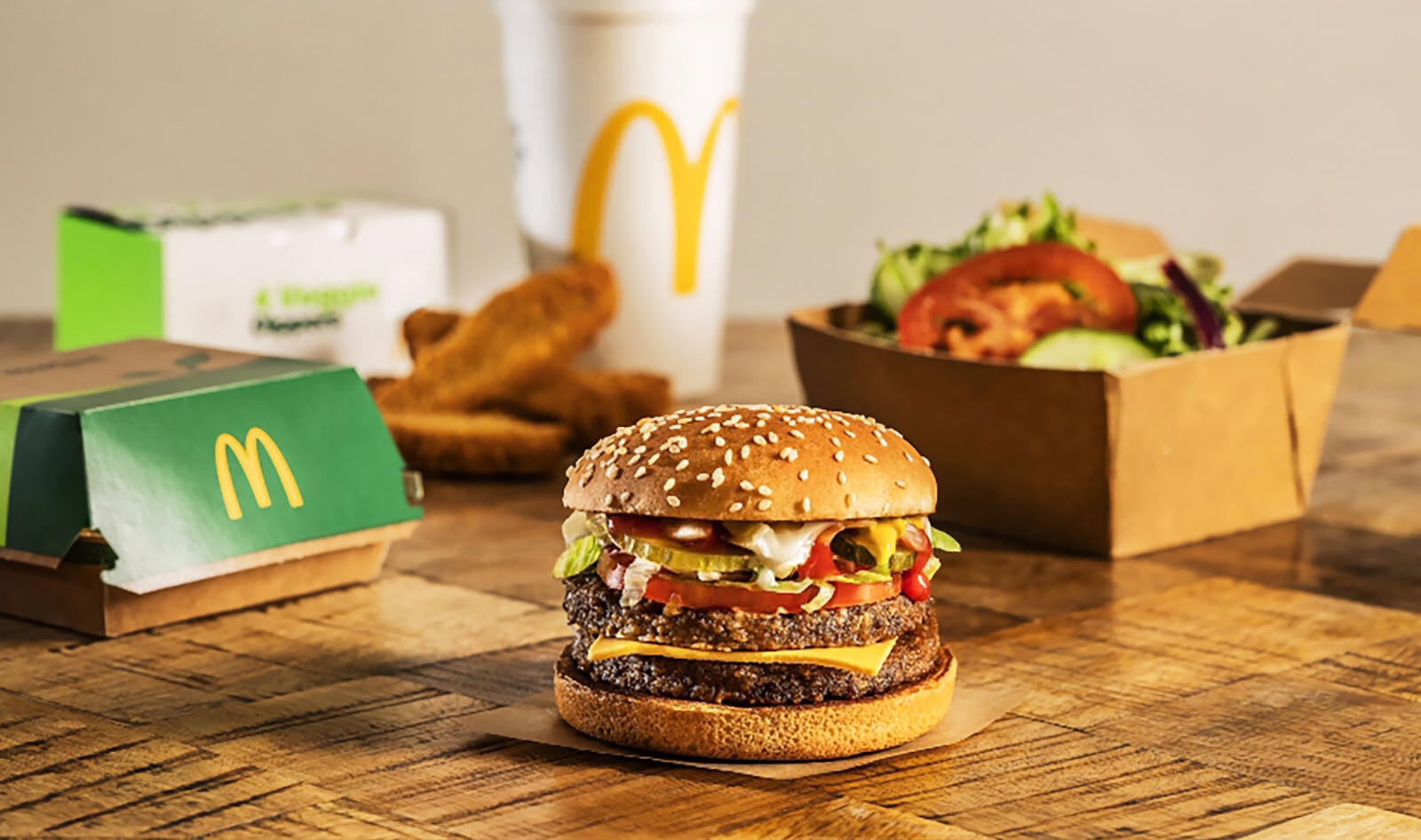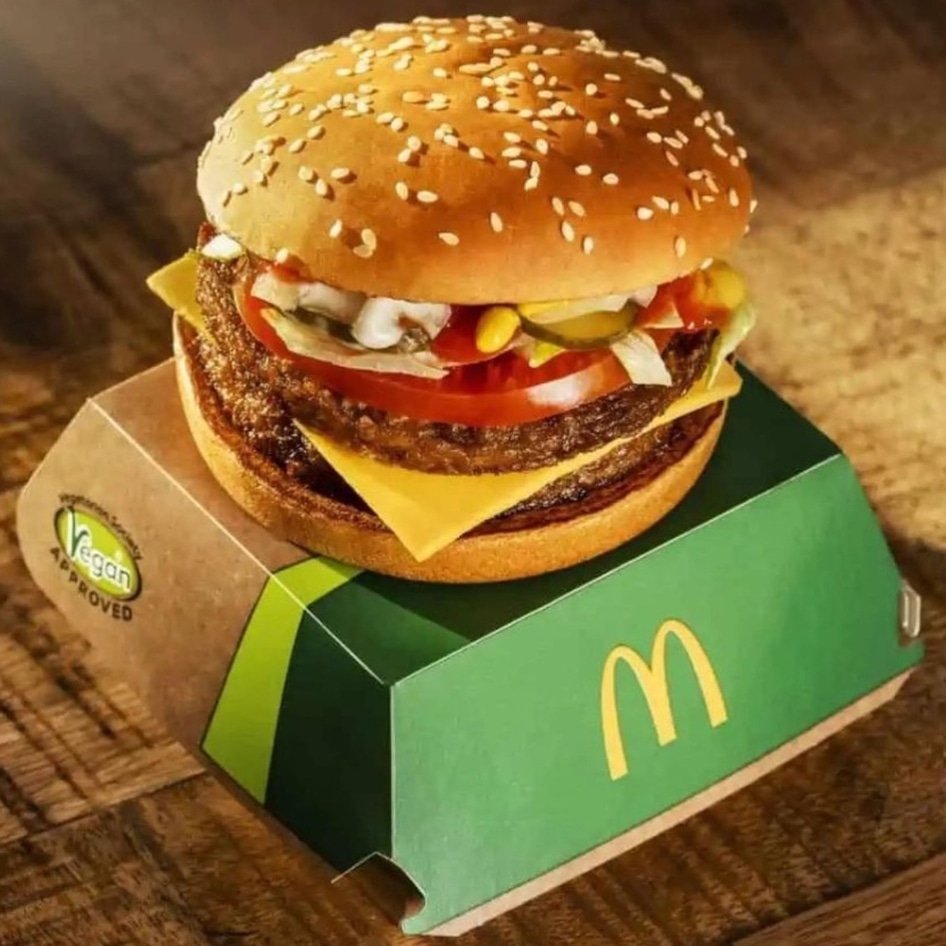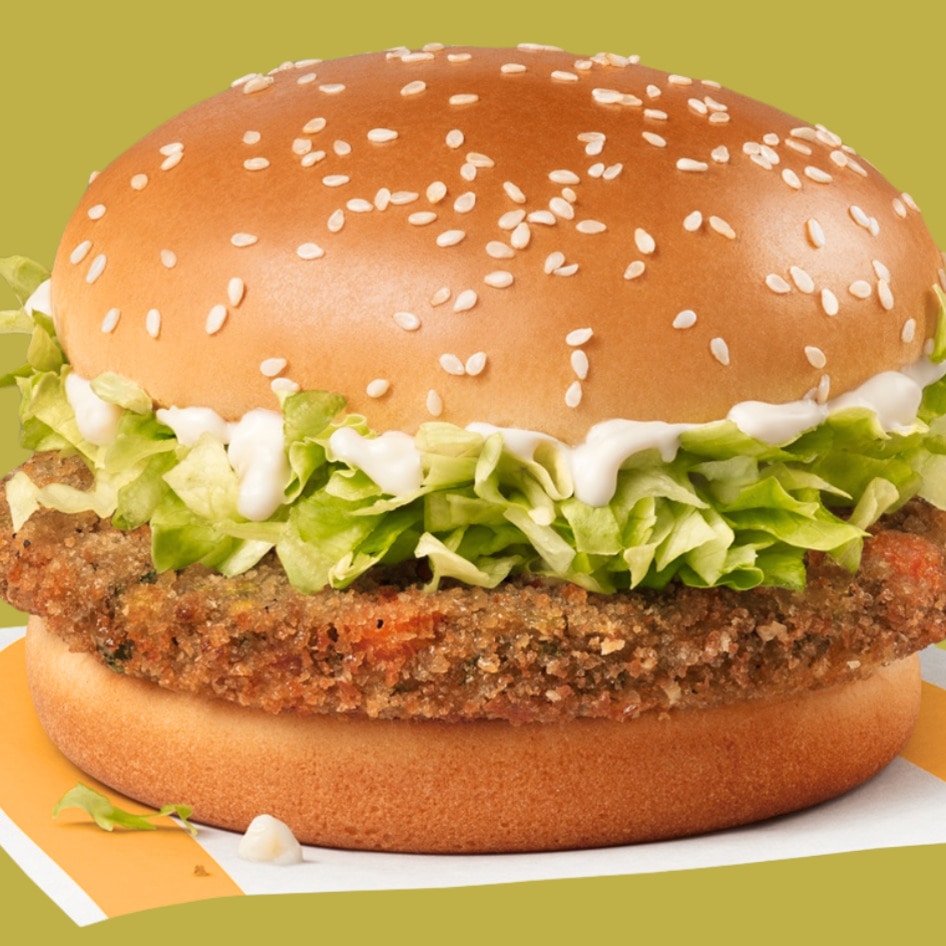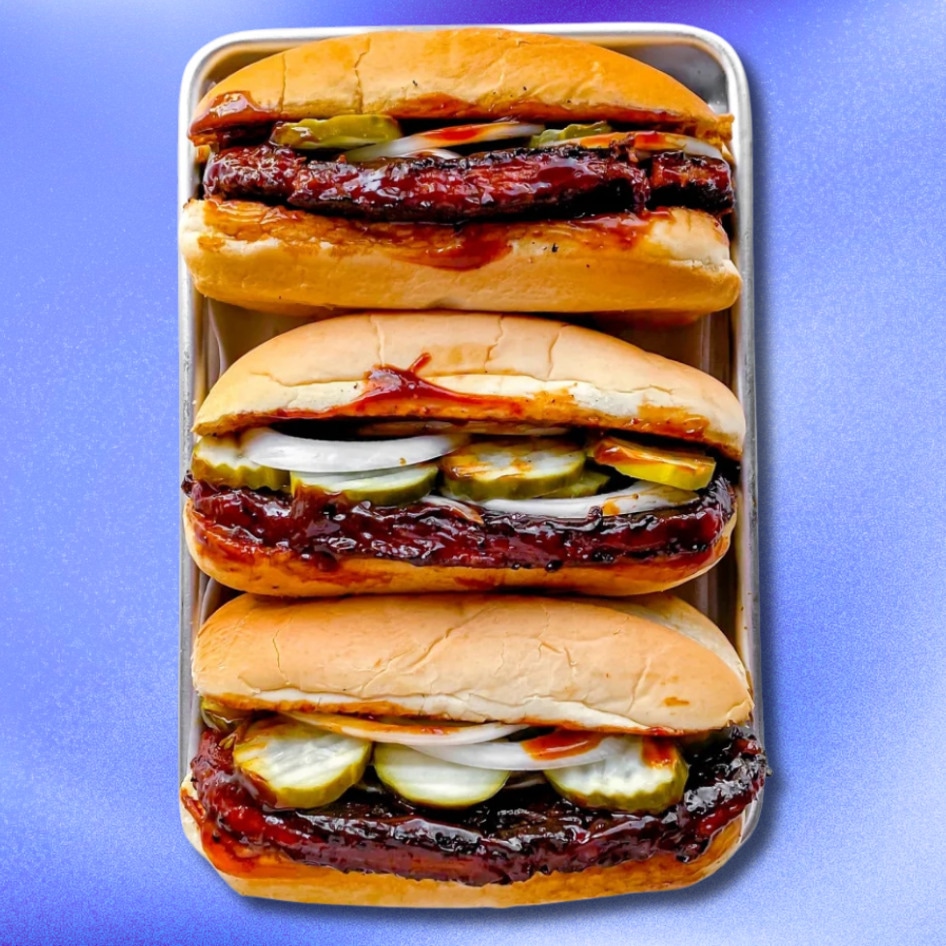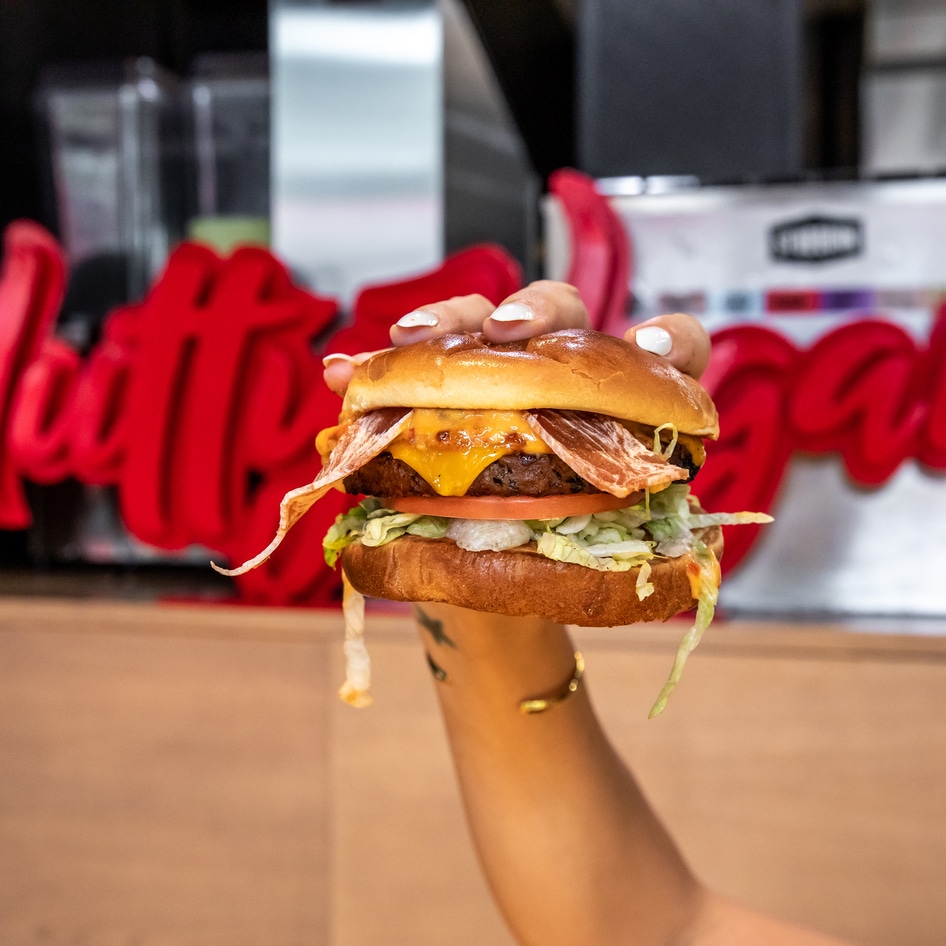McDonald’s Austria is the latest to remove the McPlant burger from menus, citing a decline in customer demand. Customer preferences have shifted, the company said in a statement, noting that it would now focus on a vegetarian patty made from vegetables.
The move signals a contraction in the fast-food chain’s plant-based ambitions in Europe, despite an initial wave of enthusiasm when the McPlant first launched five years ago. The burger, created in partnership with Beyond Meat, marked a symbolic step into meatless territory for the golden arches.
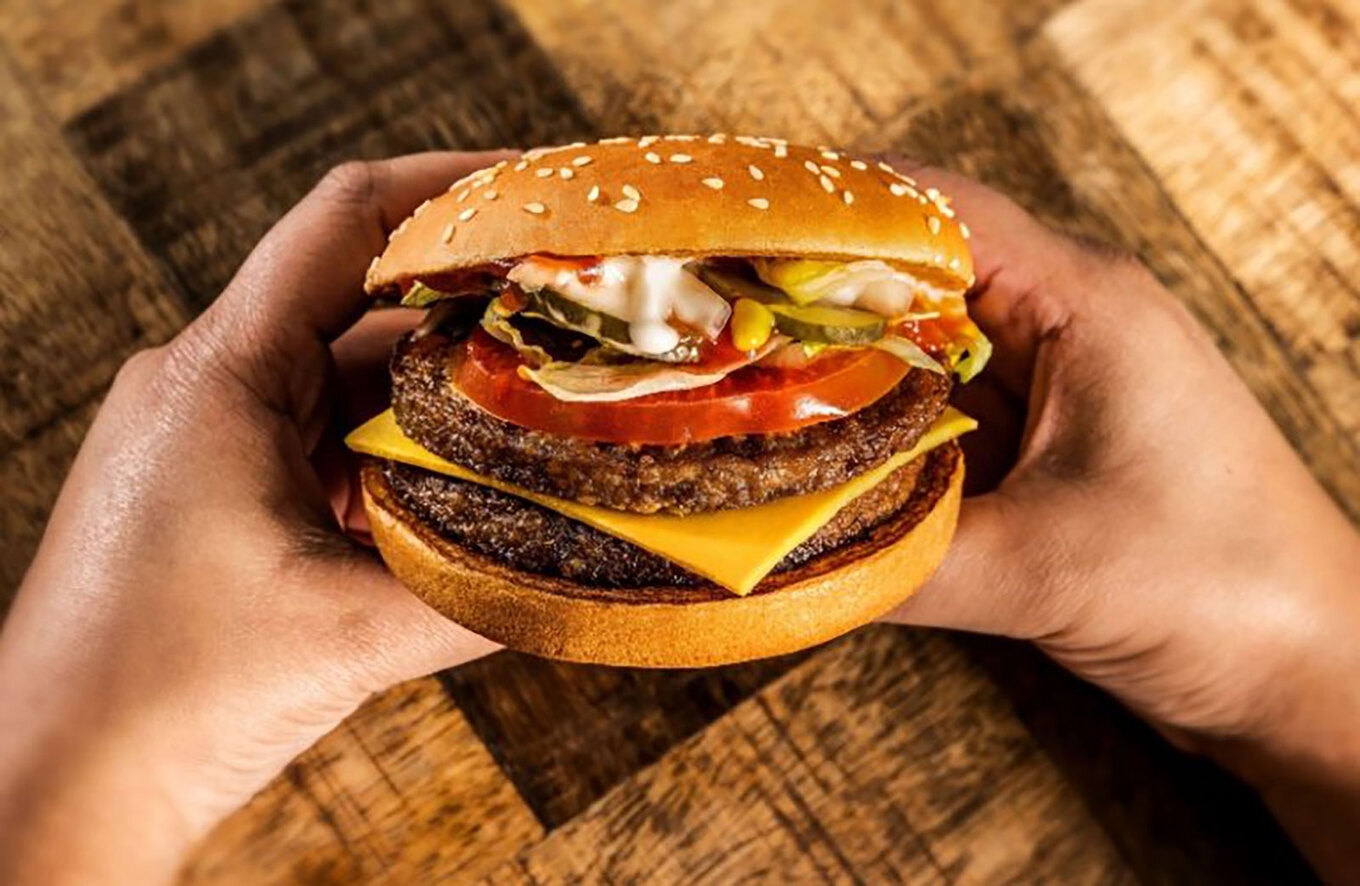 McDonald’s UK
McDonald’s UK
McDonald’s has offered no indication that it will revisit its vegan menu development in Austria. Meanwhile, rivals such as Burger King have doubled down on their plant-based strategies, including fully meat-free pop-up locations and the ability to customize most of its burgers as vegan in numerous markets. McDonald’s still serves some McPlant products in countries including Germany, the UK, and France, but the scaling back in Austria raises fresh questions about the future of the category, especially in the US, where the McPlant was discontinued in 2022 after a brief and disappointing trial.
A short-lived American experiment
The McPlant’s US rollout began in 2021 with limited tests in eight stores and then expanded to roughly 600 locations across California and Texas by early 2022. Marketed as a collaboration with Beyond Meat, the launch was widely viewed as McDonald’s entrance into the plant-based burger race. But instead of igniting demand, the McPlant fizzled. According to internal reports cited by Reuters, some restaurants were selling as few as three burgers per day.
Joe Erlinger, President of McDonald’s USA, later acknowledged the effort had not worked. “It was not successful in either market,” he told Food & Wine.
“I don’t think the US consumer is coming to McDonald’s or looking for a McPlant or other plant-based proteins from McDonald’s now.”
And yet, despite its retreat in Austria and collapse in the US, the McPlant is still alive in select international markets. The UK and Ireland offer fully vegan versions, complete with vegan cheese and dairy-free sauces. France and Germany also continue to serve the burger, and Germany recently added plant-based McNuggets.
Part of the product’s endurance abroad comes down to infrastructure and consumer readiness. European customers are often more accustomed to meat alternatives, and governments have introduced policies that encourage a shift toward climate-conscious diets. In Germany, where beef prices have risen 50 percent since the pandemic, the economic equation also makes plant-based meals more attractive.
Beyond the burger: fast food’s changing appetite
Beyond Meat continued to supply the McDonald’s patty, but the contract between the two companies has since expired. Reports suggest McDonald’s did not renew the agreement, instead shifting its innovation focus elsewhere, primarily to chicken, which now accounts for half of its US sales.
But the McPlant’s lackluster reception reveals deeper tensions around the plant-based fast-food space. Although the number of Americans experimenting with meatless eating continues to grow—nearly 71 percent had tried plant-based alternatives as of 2021, according to recent findings—price and perception still act as major barriers. At McDonald’s, known for affordability and speed, the McPlant was both more expensive and slower to serve.
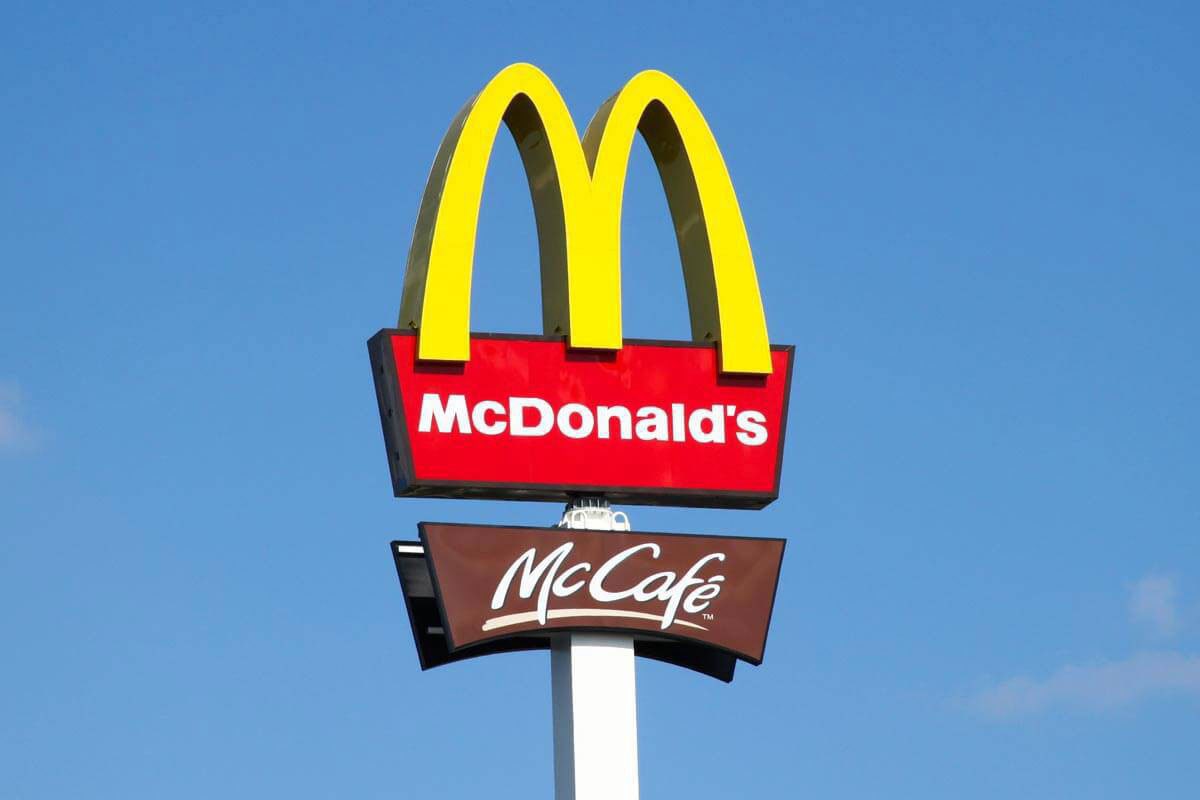
BECOME A VEGNEWS VIP: Get exclusive product deals, freebies, and perks galore!
There is also a branding contradiction that proved difficult to resolve. Consumers view McDonald’s as the epitome of mass-market meat. Selling a faux-meat burger without a clear break from that identity made the McPlant hard to position authentically for either vegans or omnivores.
In the bigger picture, the fast food sector is undergoing shifts driven by both economic pressure and changing public tastes. While the sector continues to grow globally, factors like dietary preferences and inflation continue to shape menus and pricing.
McDonald’s in particular is grappling with its steepest US sales decline since the pandemic, with same-store sales dropping 3.6 percent in early 2025 and overall traffic down across low- and middle-income brackets. Inflation, tariff fears, and changing appetites have pushed the chain to roll out deep discounts like its $5 Meal Deal, while shuttering experimental concepts like CosMc’s in an attempt to re-center its core business. Globally, sales dipped 1 percent, and though some international markets like China and Japan posted gains, the broader slowdown suggests that McDonald’s—and the fast-food sector at large—is facing a recalibration moment, one shaped as much by consumer fatigue with ultra-processed food as by economic pressure.
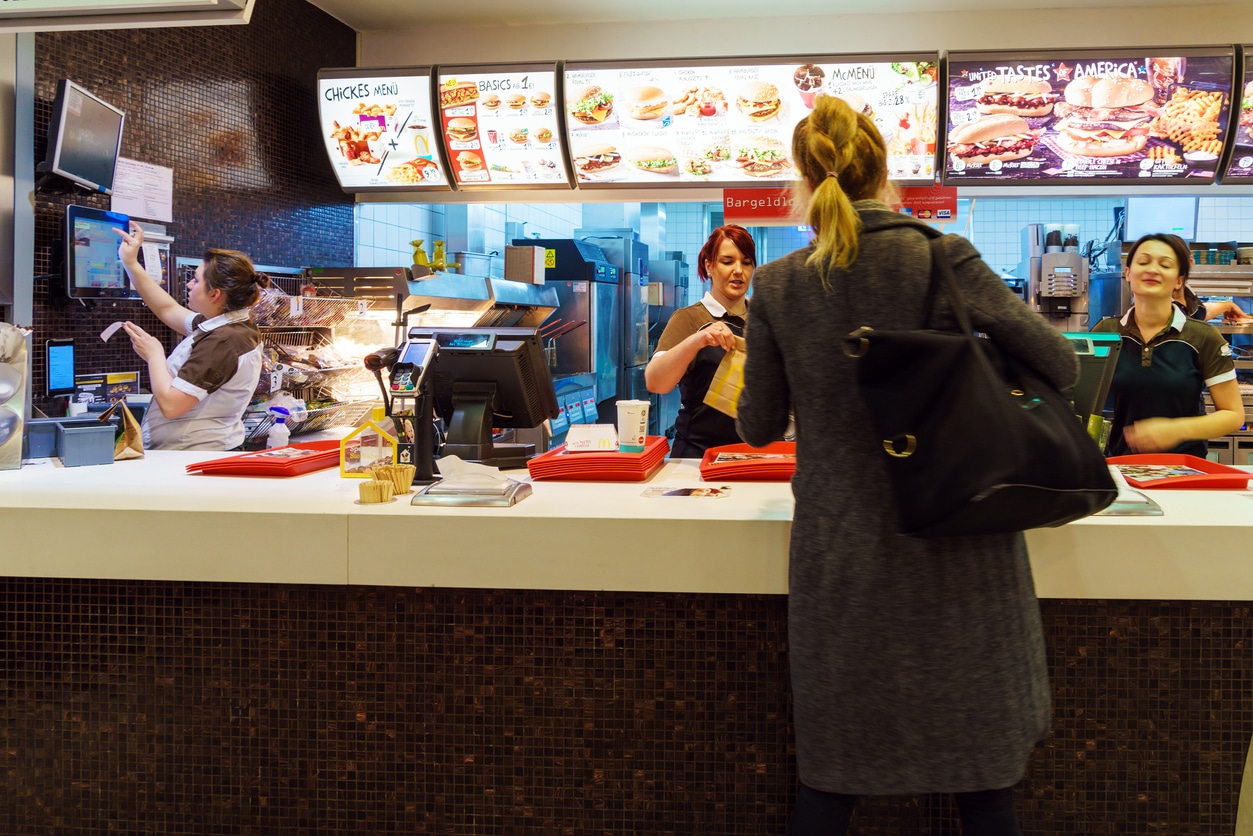 Getty
Getty
At the same time, processed food is facing increasing scrutiny. A 2024 NielsenIQ report showed that 52 percent of US consumers are actively trying to avoid highly processed foods, even if plant-based. This may explain why some consumers prefer whole-food vegetarian options instead, especially in international markets where clean labels are prioritized.
The appetite for plant-based fast food isn’t gone, although, it is evolving. Consumers appear more interested in vegetable-forward formats, meatless nuggets, or hybrid proteins than simply replicating burgers. For companies like McDonald’s, the challenge now is finding where those preferences meet operational feasibility.
For more plant-based stories like this, read:
JUMP TO ... Latest News | Recipes | Guides | Health | Subscribe

